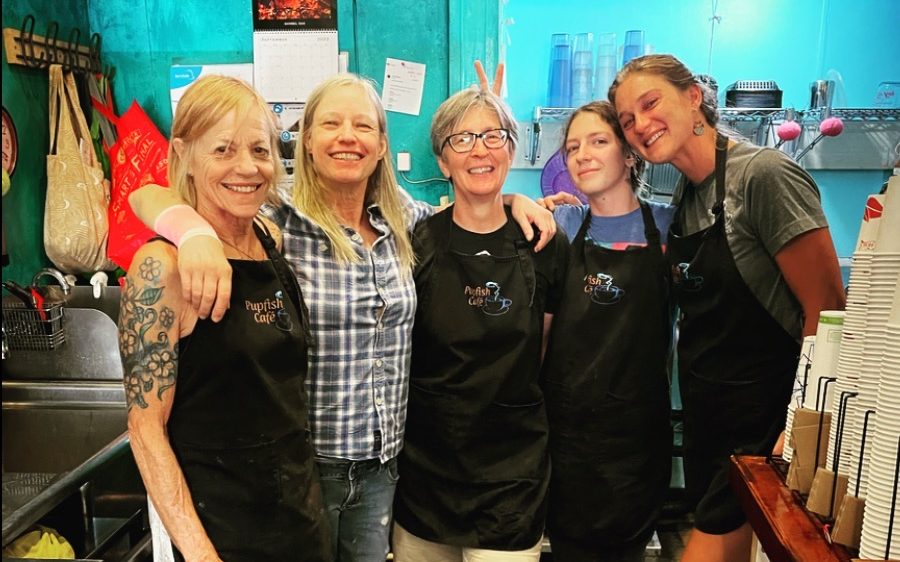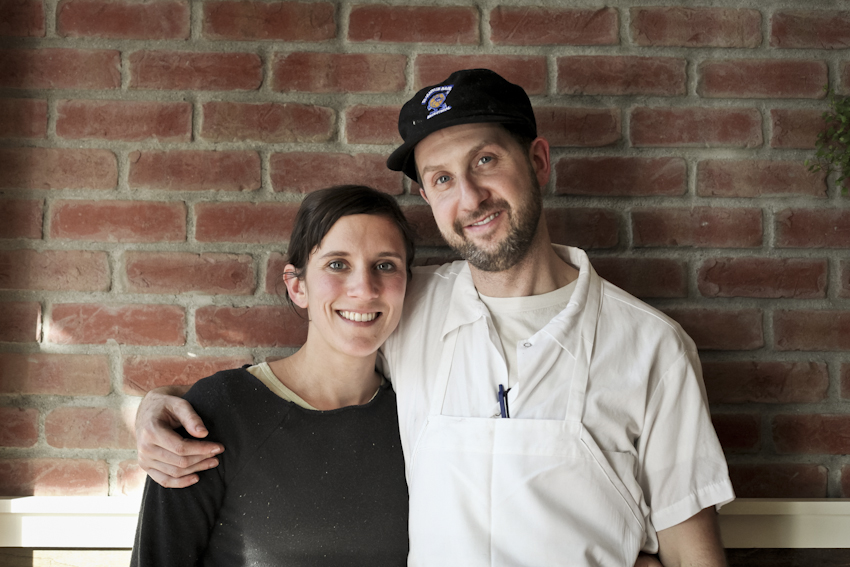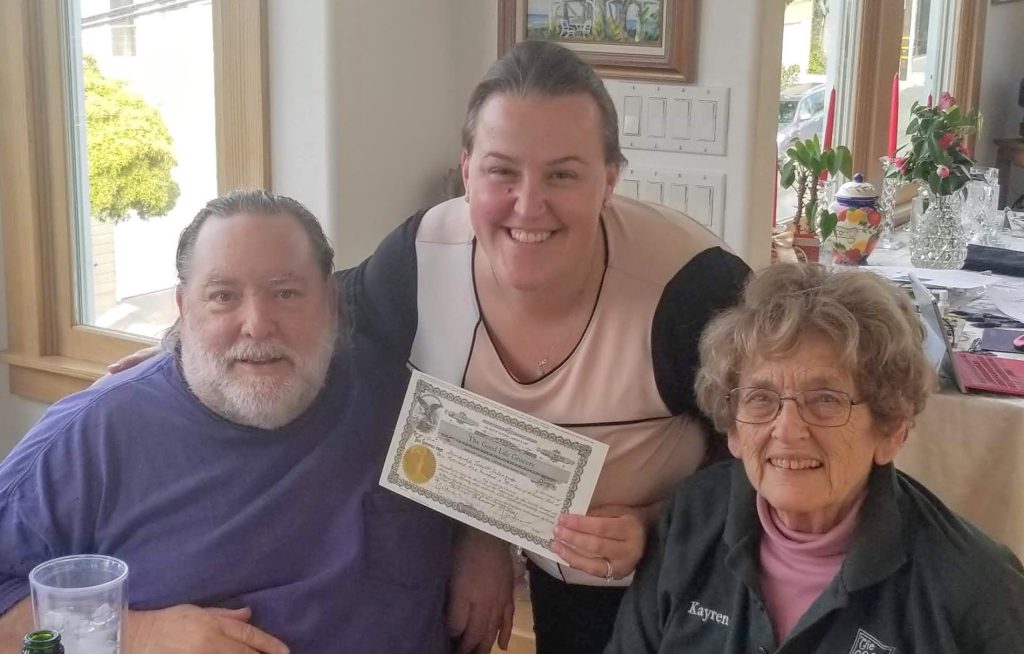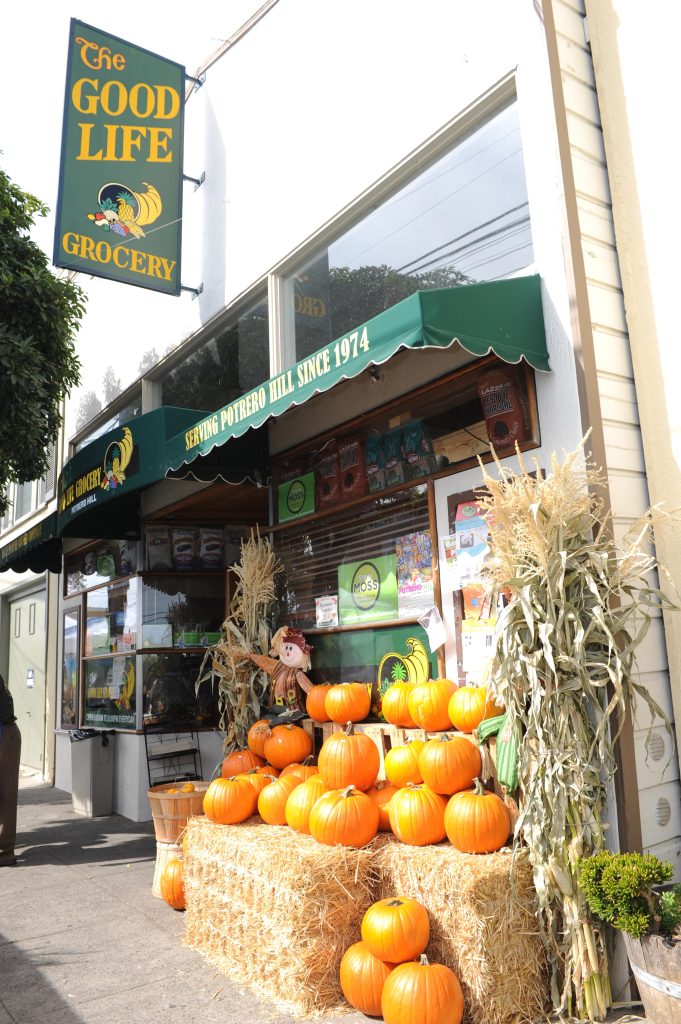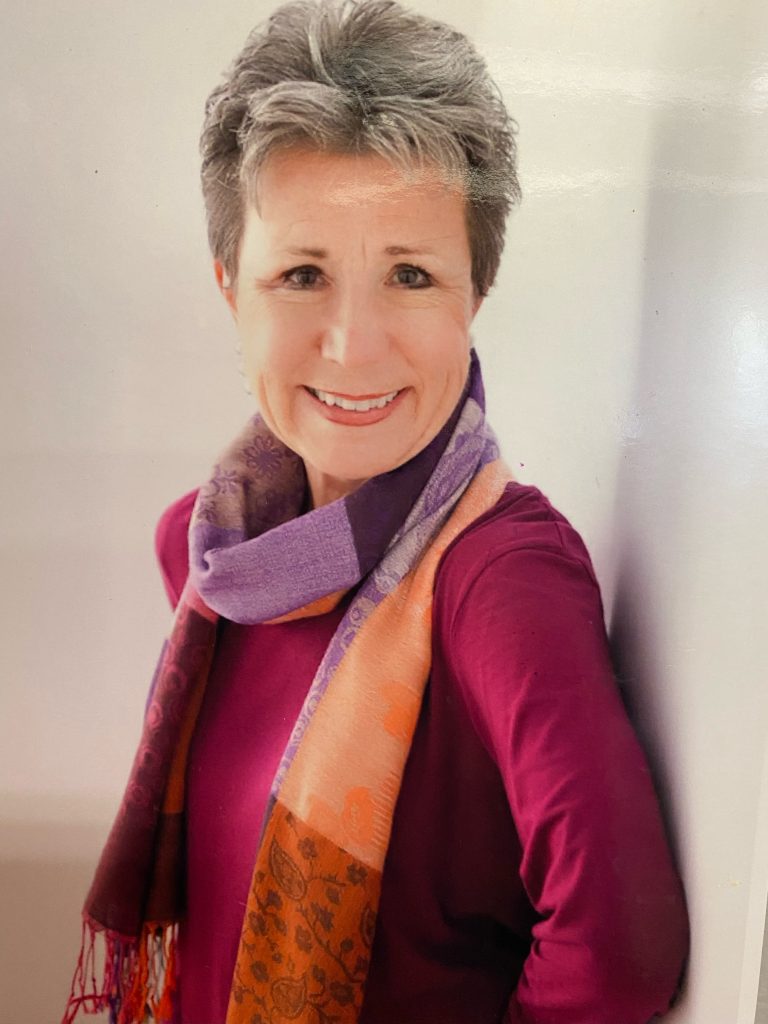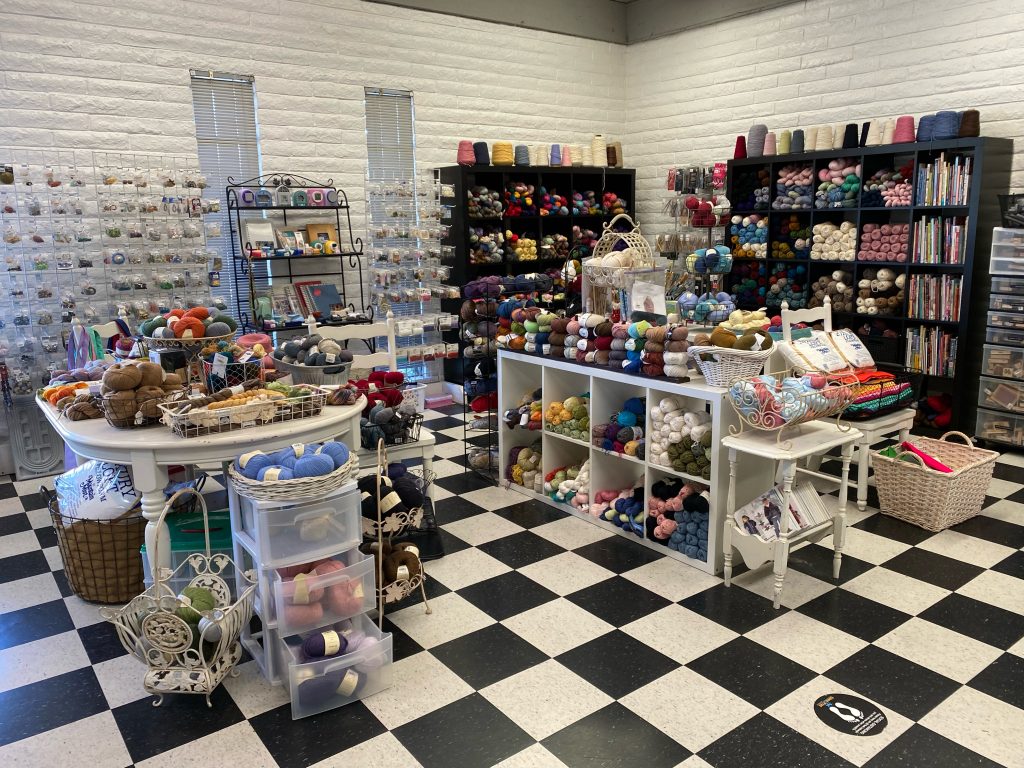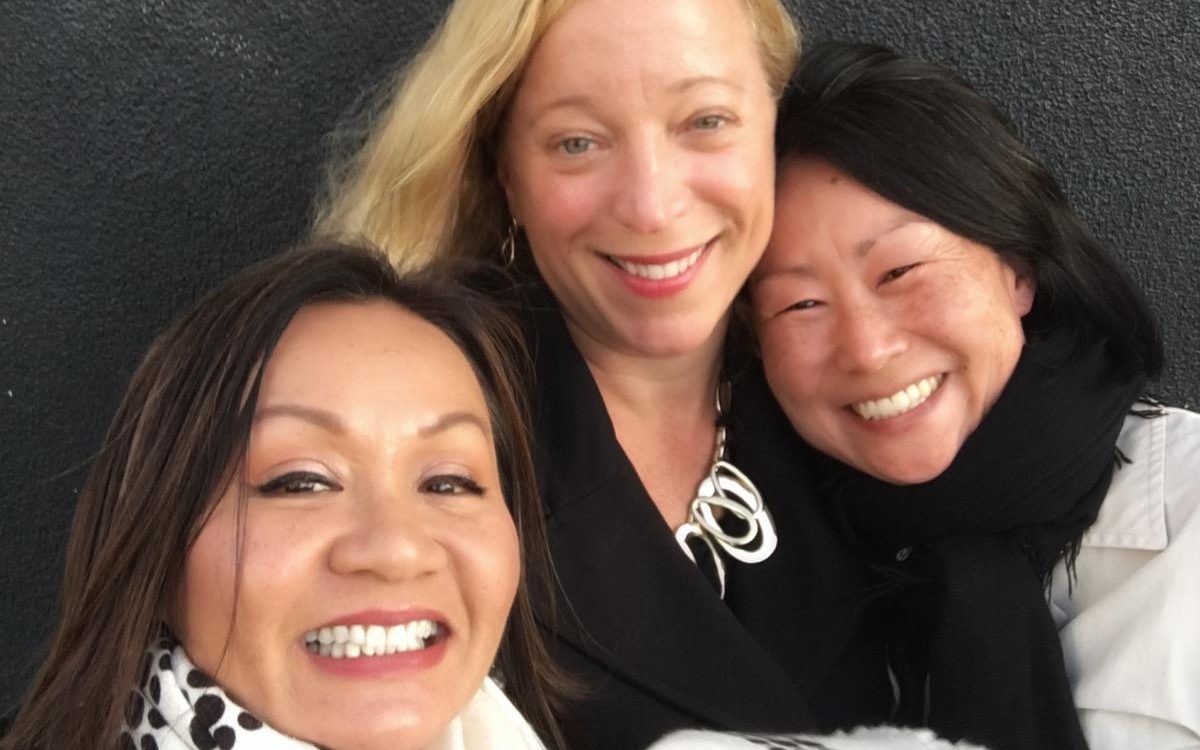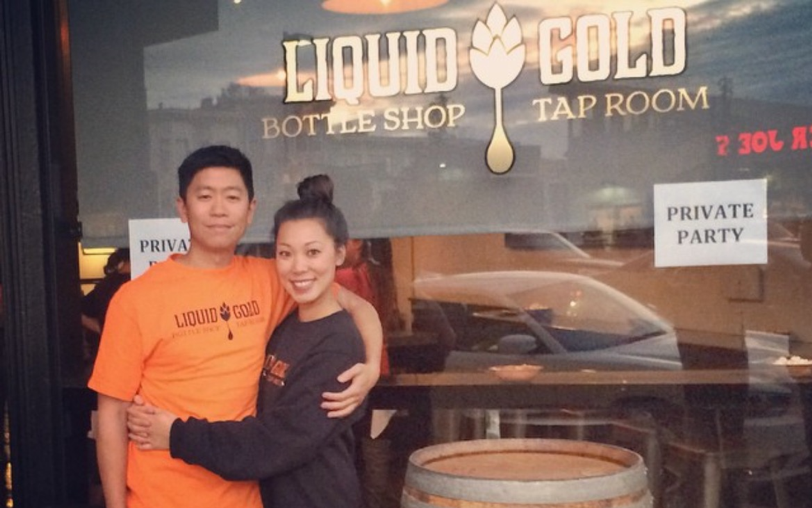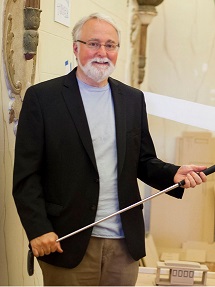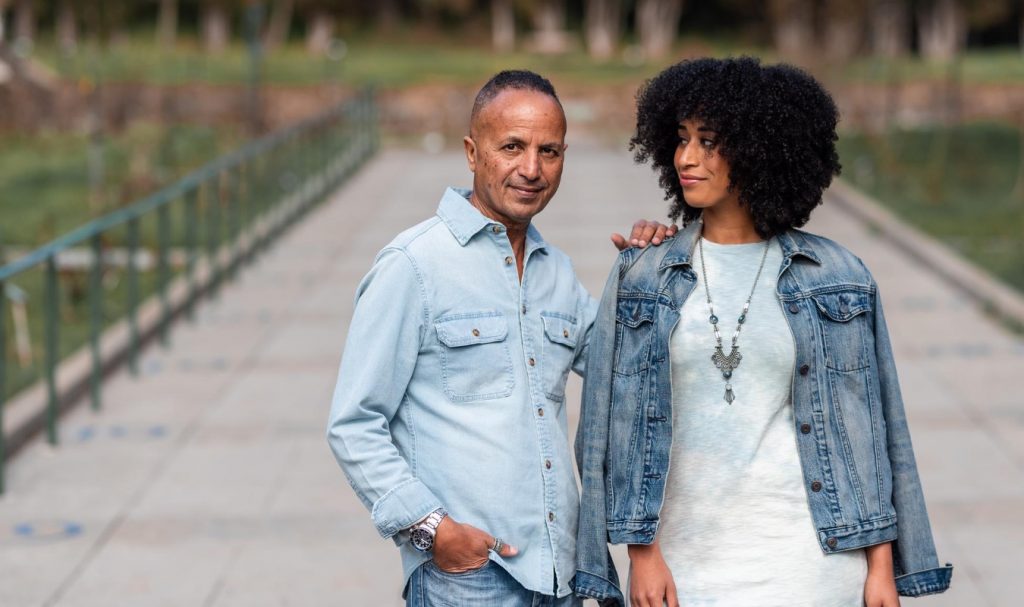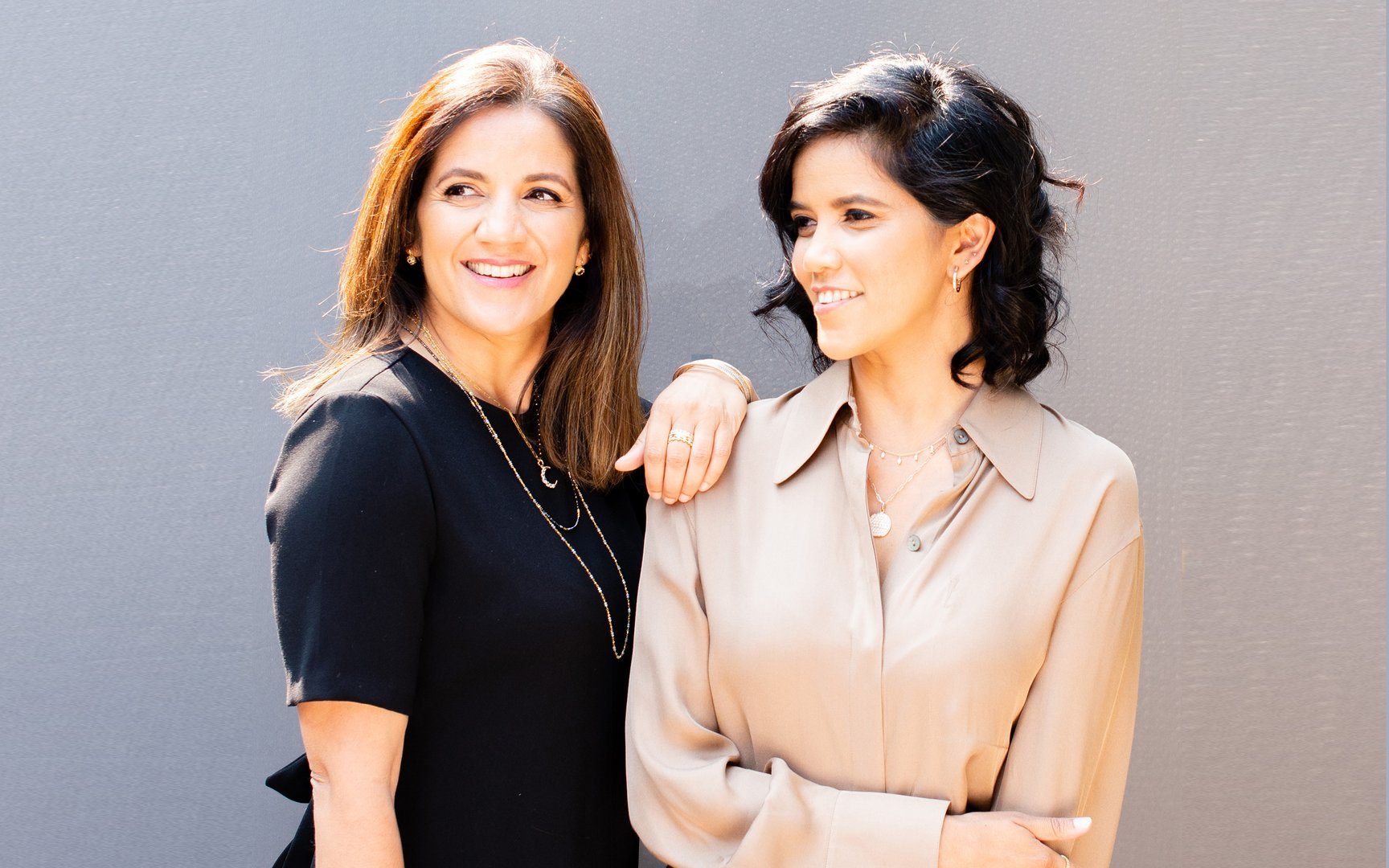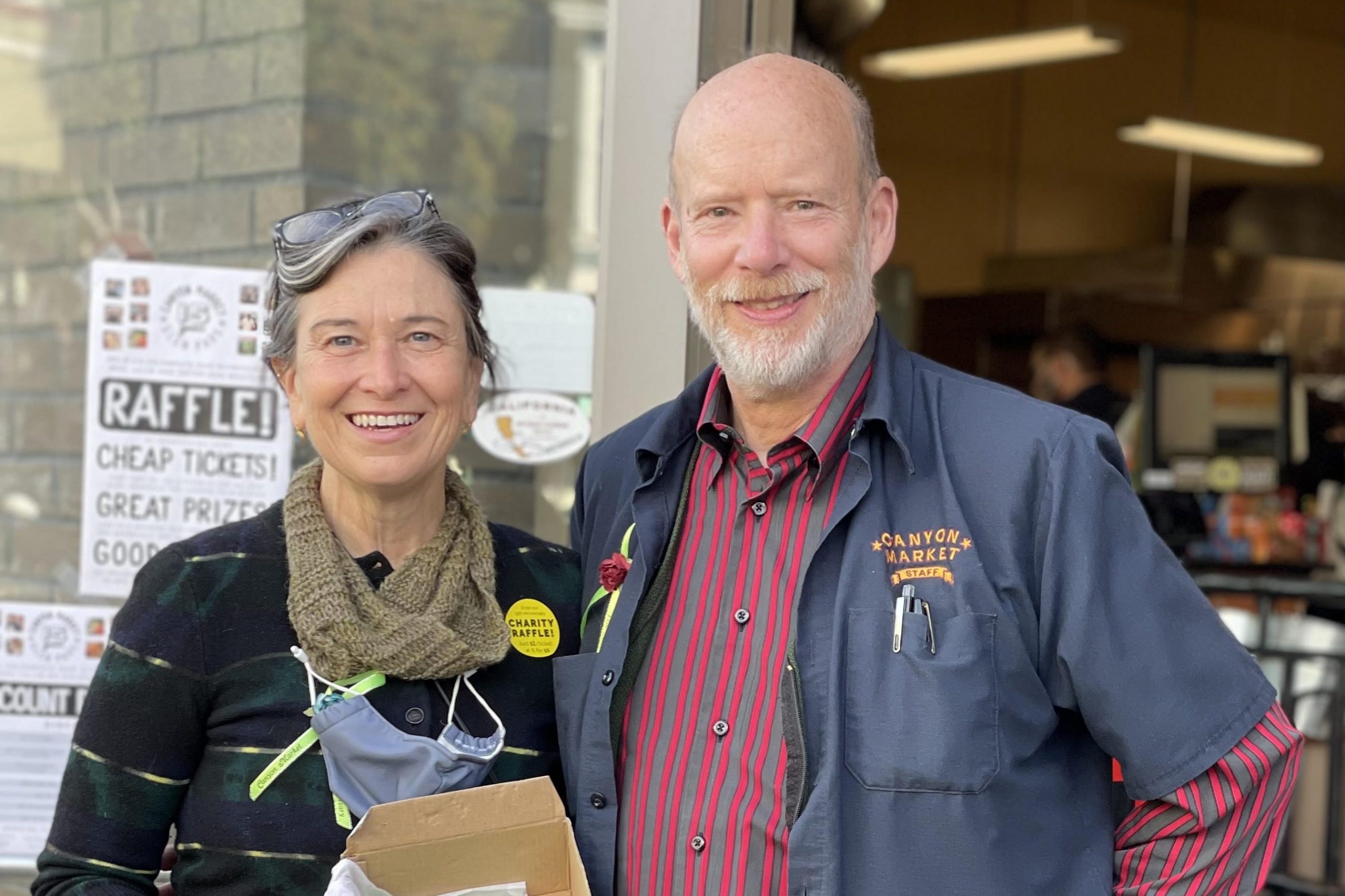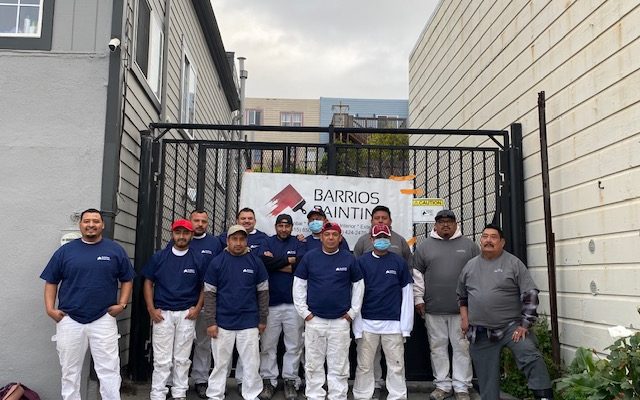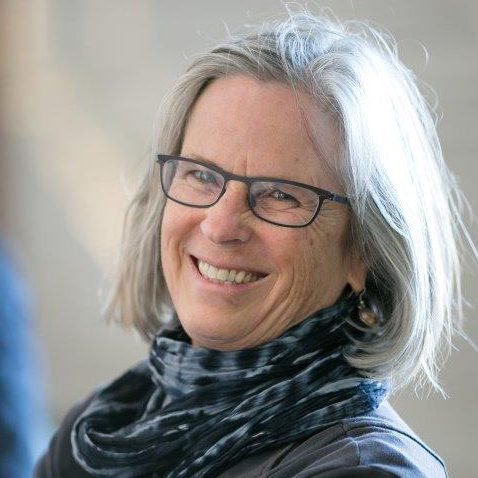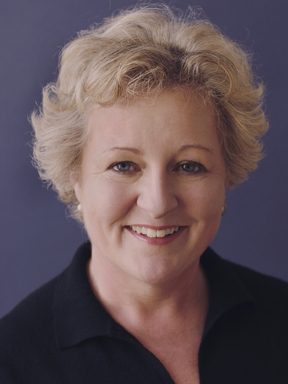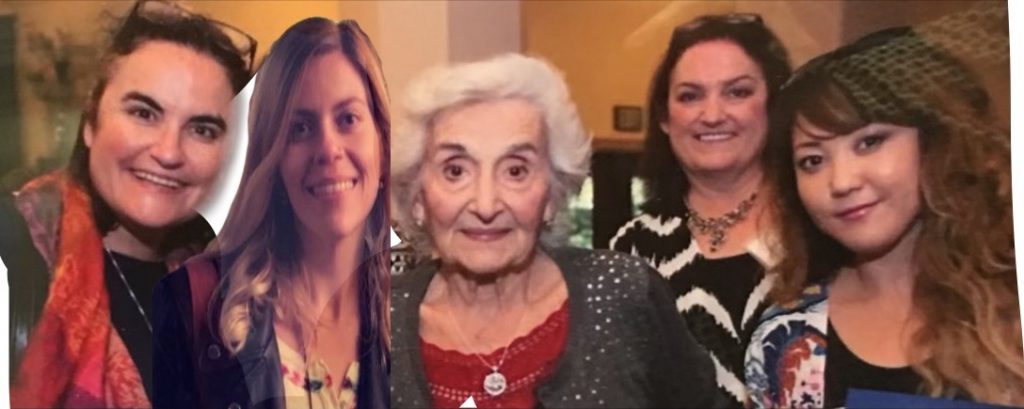SETTING SAIL: The Pupfish Cafe
It is important to share all transitions in business – not only how business owners start and run their businesses but also how a business owner navigates out of business. Janette Bachman, founder of the Pupfish Café in Bishop, CA, has been a Paul Terry & Associates client through her small business ownership journey. It started in a UC Berkeley business class with a business action plan. Then there was a business start-up, an expansion and finally, her business exit. We met with Janette to ask her to reflect on her experience. What inspired her to start her business, what were her lessons learned; how did how she manage her eventual business sale?
Was it a long-time dream for you to operate a café?
Not at all! I grew up in a small ranching town in Colorado. The local coffee place was a dingy, smoky establishment that served food to all-night drinkers and truckers. In high school, I had a part-time job there waiting tables. I never thought that one day I would own a small cafe myself.
When did the inspiration hit to start your own business?
I moved to California for college and eventually became a project manager for a contracting firm. I took design classes and learned scheduling, billing, and estimating. It was great paying work, and I was able to buy a house in Oakland. However, eventually my work was really not making me happy. It seemed everybody was always trying to get something for nothing. Then my office re-located to South San Francisco – and that was going to be a longer commute. It started me dreaming about what else I could do.
When did opening a café become your small business dream?
I became a fan of “third wave” coffee shops where the owners knew all their customers by name. I just liked the feel of those places, I began volunteering at a café on weekends and visiting cafes all over the Bay Area. I started to think more seriously about the idea of a café of my own. I realized that as a seasoned project manager, a cafe was just another “project” that I could manage well. I was ready for an adventure.
What were the key elements to opening your café?
I moved to Bishop, CA and opened the Pupfish Café in May 2016. The key elements for me were all the help from friends. Friends convinced me to rent the space in the back of Spellbinder Books. They helped paint its walls to resemble an aqua marine environment where Pupfish might thrive. Other friends helped me manage the social and set up the original website. Other friends even helped make coffee and sandwiches in the early days.
What was the most satisfying part of business ownership for you?
My favorite part of the cafe was interacting with customers – many of whom became good friends. It was also satisfying to add more products, create good internal systems and hire some good employees. However, the most satisfying part of having the café was seeing people come in, talk with each other, and stay to hang out. I purposely kept slow internet and had only one place to plug in to make it a place for interaction instead of work.
What made you ultimately decide that you wanted to exit the business?
I got burned out from all the years of being the sole proprietor of a small cafe in a small tourist town – and especially with the pandemic. Staffing issues became the final straw. I knew it was time to find a new owner. It was a struggle to find people with the right balance of skills and passion for my small business. It was time to let the business go.
What were your goals for selling the business?
I wasn’t focused on selling the business for the highest price. What was most important was that the cafe continued – for both the community and the bookstore where we shared space. So, I needed to find the right person to buy it.
How did you go about finding potential buyers?
I spoke with a few trusted business owners who I thought might be interested. I was looking for someone with energy, youth, ambition, and commitment. In the end, I focused on making the sale to one specific trusted employee. I knew that she was interested, ready to tackle it and would be the best option to maintain the cafe.
How did you assess the value of your business and the asking price?
My first step was to assess what the equipment and fixtures were worth. Then I estimated just how much I would add to get the price I wanted and that would be fair and affordable to the buyer. I had already made significant improvements with equipment, refrigeration, and tables/chairs. It was important to me to sell a turnkey operation.
What were some of your most important lessons learned in selling?
It could have helped us to focus more on paperwork. However, I was selling the business to someone I knew – a past employee and friend, and we negotiated on a “trust” basis. We didn’t involve any lawyers, accountants, or business brokers. This is just what we did to be open and fair – as we simply trusted each other.
What type of help/support did you need and/or did you get during the sales process?
Most of my support came from my business consultant, my bookkeeper, and two business volunteers. I also had support from local friends who provided practical help in tracking inventory, prepping the space with the bookstore people, and transferring marketing information and more. In short, I got a lot of help! I was not alone!
How did you communicate your exit decision to your employees, customers, and suppliers?
I gave staff and suppliers 3 weeks’ notice. We started social media postings and making new signage in the shop. During the transition weeks to the new owner, we put up signage in the cafe so that people who were not aware of the change could see what we were doing and that we were coming back.
How is the café doing now? Are you still involved with the new ownership in any way?
The café is going great! Taylor, the new owner has improved food presentation and she’s making excellent baked goods, quiches, and more. Because of her, there is a whole new crowd of people who have discovered the café. I help with the QuickBooks data entry and offer practical help with catering quotes, sales tax filings, etc. Now, she is running everything on her own and is 100% owner.
Are you happy, given the circumstances, with your decision to sell?
In hindsight, I wish I could have managed my staff better. I could have been quicker to let people go who were not good employees. I miss the day-to-day interactions with local customers and the out-of-town folks. It was a blast getting to know people and making friends. Ultimately, I am pleased with the outcome of the business sale. Now I am back to doing project management work – remotely so I can live and enjoy this great community.
